Drills come in two main varieties: corded and cordless. While both tackle drilling and driving tasks, they are designed for different needs. Corded drills offer seemingly endless power thanks to their direct connection but limit your movement with a trailing cord. Cordless drills, on the other hand, prioritize freedom with their battery packs but raise concerns about power limitations.
If you are stuck between choosing a corded vs. cordless drill, read on. In this article, we will take a closer look at each and how one compares against another.
First, let’s understand the basics.
Table of contents
Understanding Corded vs Cordless Drills
Corded drills are the oldest—the traditional drilling tools that draw continuous power from an outlet via a cord. This wired connection provides a constant stream of electricity, and that ultimately means consistent power and torque. However, the cord restricts your movement and workspace—to work freely, there must be an outlet within your reach.
Cordless drills, as the name stands, do not have cords (wires). Prioritizing portability and freedom, they function on rechargeable batteries, so there is no need for a nearby outlet. This makes them ideal for doing tasks on ladders, roofs, or tight spaces. The early cordless drills often suffered from short battery life and lackluster performance compared to their corded counterparts. However, improvements in lithium-ion cell technology have significantly bridged the performance divide that once separated corded drills from their wireless cousins.
Pros and Cons of Corded Drills
Corded drills offer a reliable and powerful solution for drilling tasks but also come with limitations due to their tethered nature. Here’s a breakdown of their key advantages and disadvantages:
Pros of Corded Drills
- Abundant Power Supply for Heavy-Duty Tasks
When it comes to sheer power, corded drills are the best. They draw a continuous supply of electricity from an outlet, allowing them to tackle even the most demanding jobs easily. This makes corded drills the go-to choice for heavy-duty tasks like drilling through concrete or metal.
- High Torque for Hard Materials
Torque is the rotational force that allows a drill to bore through tougher materials. Corded drills work excellently here, as they can deliver high torque that remains steady throughout the drilling process. This is particularly important when working with hard materials like masonry or metal. The high torque of corded drills ensures clean, precise holes without putting too much strain on the user. Additionally, the consistent power supply means that corded drills can maintain their torque levels indefinitely.
This Rotary Hammer Drill Corded Drill allows you to change speeds with control of the vibration.
- Lower Cost and Maintenance
Generally, corded drills are more affordable than cordless drills with comparable power. This is due to their simpler design, no batteries, and no complex charging systems. Also, since they do not feature battery banks, corded drills require minimal maintenance—just occasional brush replacements would do the job.
- Lighter Weight
Finally, they are lighter. Without the need for a bulky battery pack, corded drills tend to be lighter and more comfortable to use for extended periods.
Cons of Corded Drills
Along with their advantages, they have their own set of disadvantages as well, namely:
- Limited Mobility
The power cord restricts movement and workspace; you will always require an outlet within reach. Extension cords can add length but can also be cumbersome and pose a tripping hazard. Due to this, they may not be suitable for working in remote locations or areas without a nearby outlet, limiting their versatility.
- Heat Buildup
Extended use can lead to heat buildup in the motor. They have a constant power supply, and if you want to work for longer times, you will have to take breaks at suitable intervals.
The following table clearly outlines their pros and cons:
| Pros of Corded Drills | Cons of Corded Drills |
| Continuous power from the outlet for heavy-duty tasks | Reliant on power cord, restricting movement |
| Ideal for drilling concrete, metal | Extension cords can be cumbersome and pose tripping hazards |
| Delivers strong and steady force for tough materials | Requires access to a nearby power outlet |
| Ensures clean and precise holes | May not be suitable for remote or outdoor use |
| Maintains torque levels throughout drilling |
Pros and Cons of Using Cordless Drills
Like corded drills, cordless drills offer a convenient and versatile solution for drilling tasks. However, they also come with limitations due to their reliance on batteries. Here’s an overview of their pros and cons:
Pros of Cordless Drills
- Mobility Without the Mess of Cords
The biggest advantage of cordless drills is their portability. With no cord to tie you down, you can take your drill anywhere, whether it’s up a ladder, into a crawl space, or out in the yard. This freedom of movement allows you to work in tight spaces or awkward positions without worrying about a cord getting in the way or limiting your reach.
Plus, there’s no need to search for an outlet or deal with the tangled mess of extension cords. Cordless drills are always ready to go wherever the job takes you.
- Rechargeable Batteries for Uninterrupted Work
Modern cordless drills are powered by rechargeable lithium-ion batteries. These batteries have come a long way in recent years, offering longer run times and faster charging times than ever before.
With a fully charged battery, a cordless drill can handle most drilling tasks without needing a recharge. When the battery runs low, simply change it with a fresh one and keep working.
- Compact and Lightweight Design
Without the bulk of a power cord and motor, cordless drills are typically lighter and more compact. While batteries do have weights, the latest models are designed with compactness and convenience in mind.
Cons of Cordless Drills
- Limited Power Compared to Corded Drills
Cordless drills generally have less power output than corded drills. While sufficient for most DIY tasks, they may struggle with very demanding applications like drilling large holes in concrete.
- Reliance on Batteries
Cordless drills depend on battery life, which can be limited by the size and type of battery, as well as the workload. Users may need to factor in recharge times or invest in additional batteries for extended projects.
- Higher Initial Cost
Cordless drills with good battery life and performance are more expensive upfront than corded drills of similar power. However, they offer greater convenience and versatility, which can outweigh the initial investment for many users.
| Pros | Cons |
| Work freely on ladders, crawl spaces, rooftops, etc. | May struggle with demanding applications (large concrete holes) |
| No need for outlets or extension cords | Battery life limited by size, type, and workload |
| Ideal for tight spaces and overhead work | More expensive upfront compared to corded drills of similar power |
| Lighter weight and ergonomics for extended use | Batteries have a lifespan and require replacement |
| Eliminates trip hazard of a power cord | Requires recharge or battery swap, interrupting workflow |
| Extended run times, faster charging, improved battery life | |
| Maximize uptime with additional batteries |
Corded vs Cordless Drills: Performance Comparison
Choosing between a corded and cordless drill goes beyond convenience. It’s about matching the tool’s performance to your project needs.
Here’s a breakdown of the key differences that impact drilling efficiency:
Power
Traditionally, corded drills are always the best in terms of speed and torque. Their direct connection to an outlet provides a steady stream of power for managing demanding tasks like drilling through concrete. However, advancements in battery technology have narrowed the gap. High-end cordless drills, such as VEVOR’s drills are now rivaling corded models in raw power output.
Depending upon your project’s needs, cordless drills can offer several advantages, such as:
Increased Efficiency
The latest models of cordless drills convert more battery power into usable torque, leading to longer run times and more power per charge.
Higher Torque
While not all, certain cordless drills can even surpass corded models in torque. You can easily employ them for heavy-duty tasks. For instance, this powerful & durable cordless hammer drill comes with a 32Amp industrial motor and 4.5J impact energy. It is designed to perform heavy-duty projects quickly and precisely.
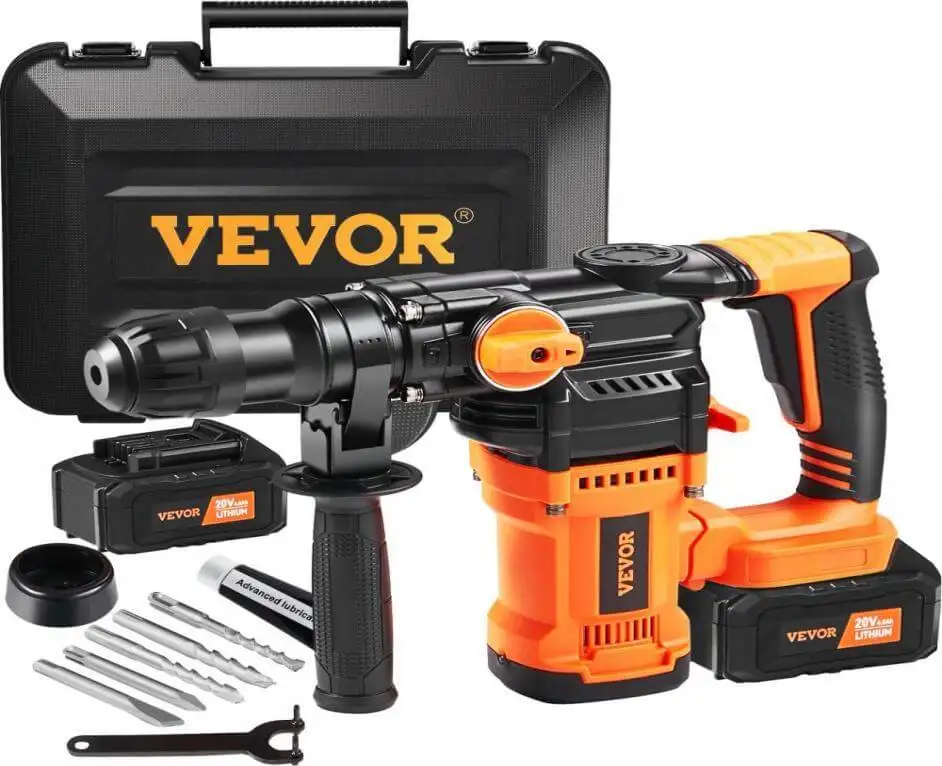
Apart from speed and torque, other factors influence drilling efficiency:
- Material—the material you’re drilling into significantly impacts performance. Harder materials require drills with higher torque to create clean holes.
- Drill Design—features like variable speed settings and hammer drill functionality can enhance the drill’s suitability for specific tasks.
If you are still confused about which one you should go for, consider these factors when choosing a drill:
- Project Demands—for heavy-duty tasks or frequent drilling in tough materials, a corded drill might be the better option due to its consistent power.
- Portability Needs—cordless drills work great in situations where free movement is crucial, like working on ladders or in tight spaces.
- Budget—corded drills are generally more affordable upfront, while cordless models with high-performance batteries can be pricier.
FAQs Related to Corded vs Cordless Drill
- Do corded drills have more torque than cordless ones?
Corded drills still rule when it comes to high-torque applications and heavy-duty drilling. They offer a continuous power supply that doesn’t stop, no matter how tough the job gets.
A corded drill with high torque is often the best choice if you’re drilling through concrete, masonry, or other hard materials. They can handle heavy loads effortlessly.
- Which one of the two is more environment-friendly?
Cordless drills are more environmentally friendly because they do not rely on fossil fuels. They are less noisy, and they do not produce carbon emissions.
- Are cordless tools designed to carry out heavy-duty tasks?
Corded drills generally have higher top speeds and more torque than their cordless counterparts. But some of the latest, high-end cordless models now rival traditional corded tools in terms of raw power, offering the freedom to work anywhere without the hassle of a cord.
Conclusion
Summing up, the decision isn’t about picking a winner in the tussle of corded vs cordless drill, but rather understanding which tool best suits your preferences and nature of work. Whether it’s reaching for continuous power without worrying about running out of juice or enjoying mobility across projects without being leashed by cords – there’s no wrong choice here.
The right tool will always depend on matching its strengths with your specific needs. So go ahead and choose wisely based on the job you need the drill for.

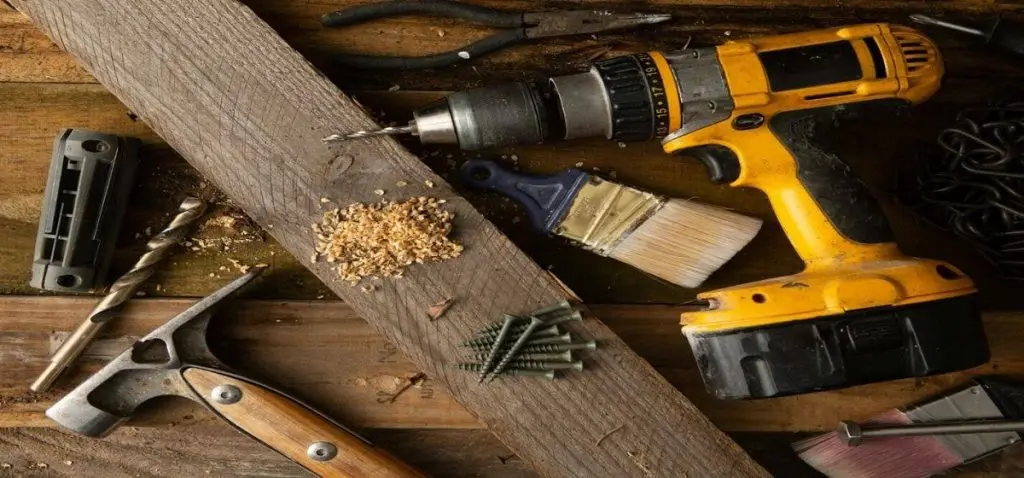
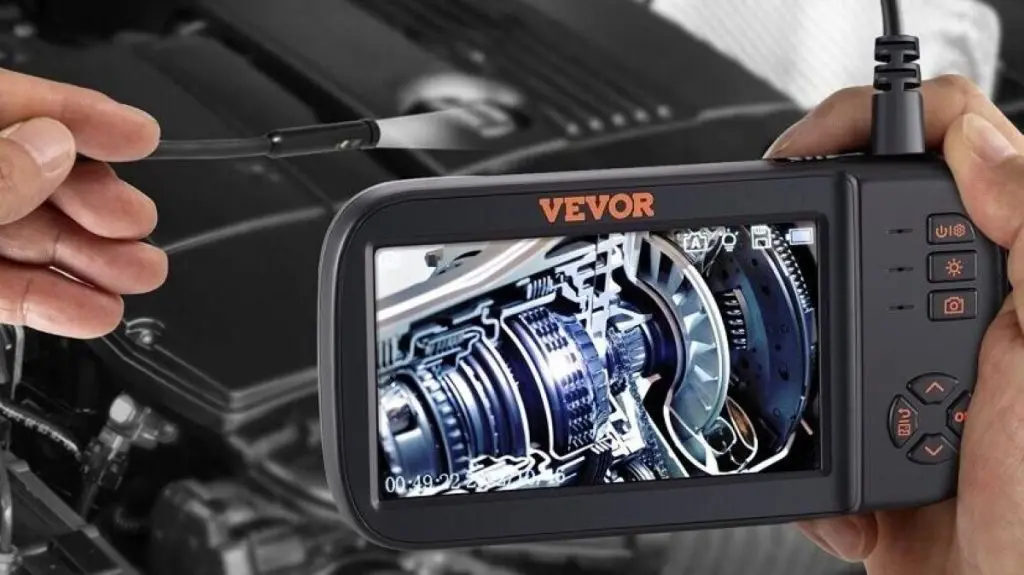
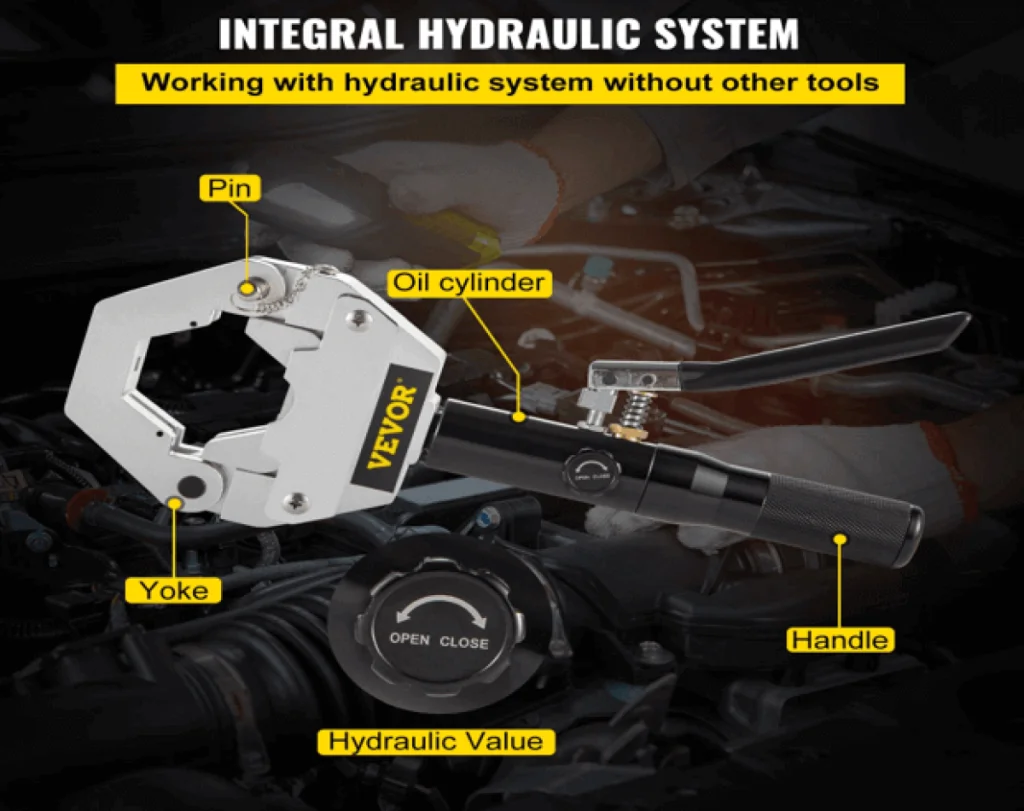
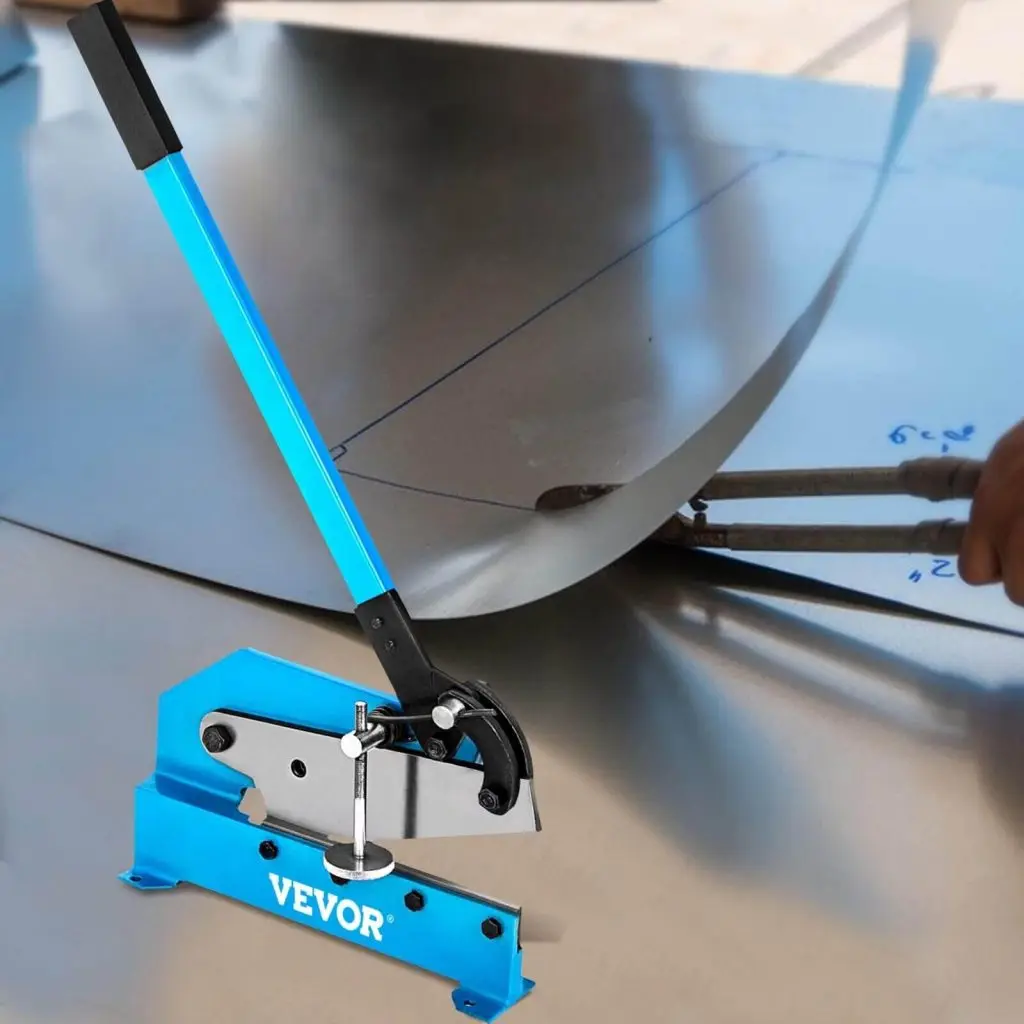
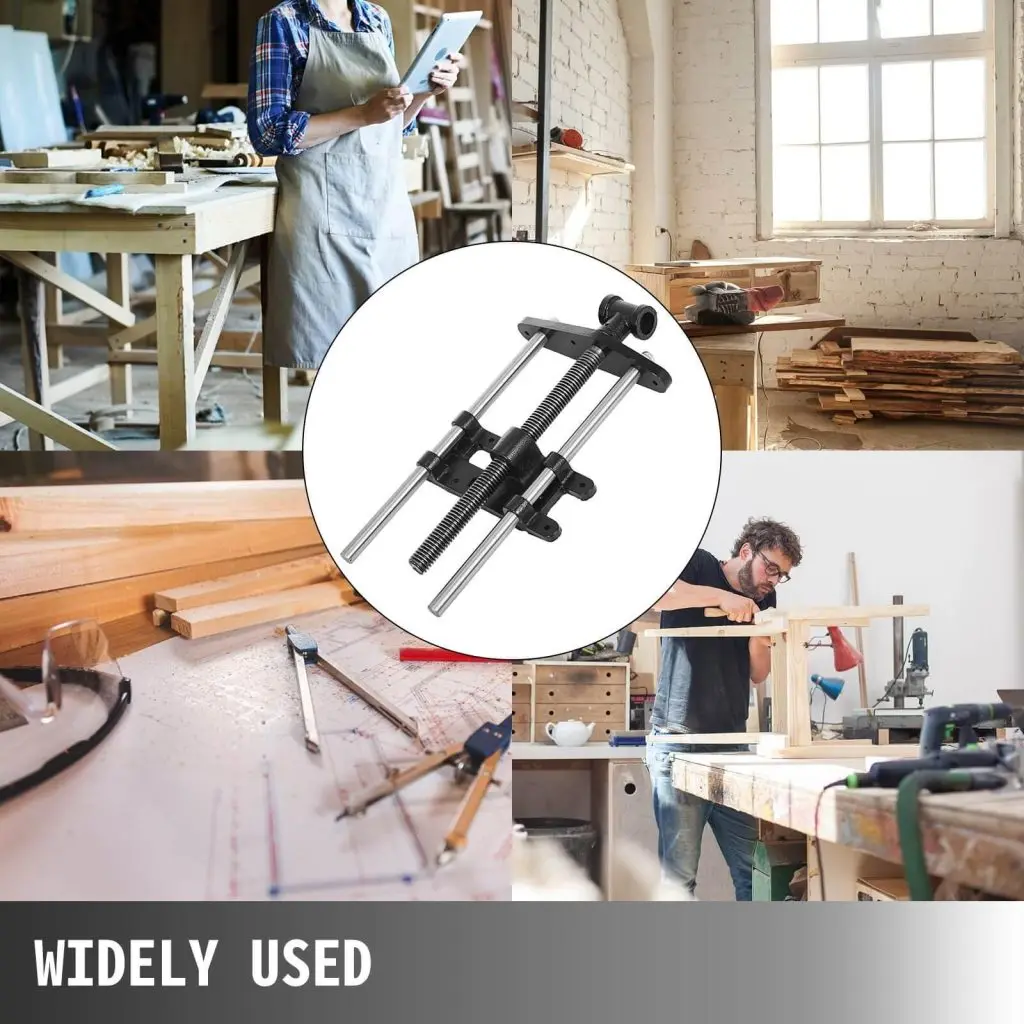
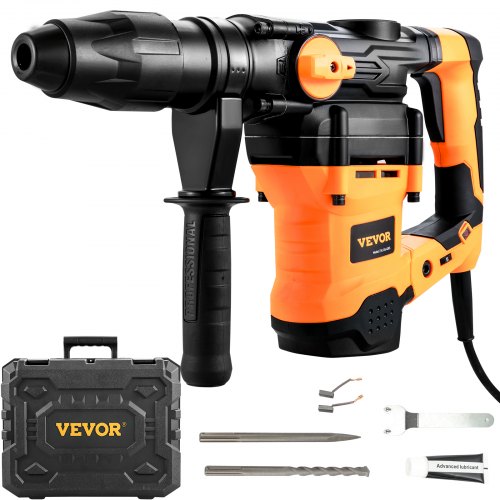
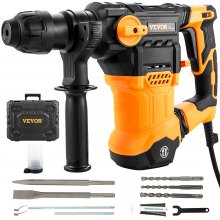
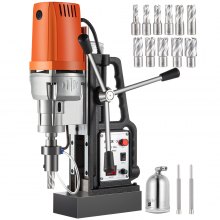

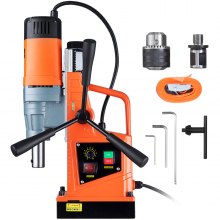
 Arabic
Arabic Danish
Danish Dutch
Dutch English
English Finnish
Finnish French
French German
German Hungarian
Hungarian Italian
Italian Norwegian
Norwegian Portuguese
Portuguese Romanian
Romanian Russian
Russian Slovak
Slovak Spanish
Spanish Swedish
Swedish